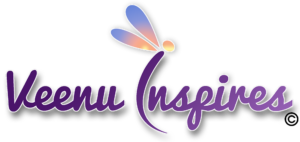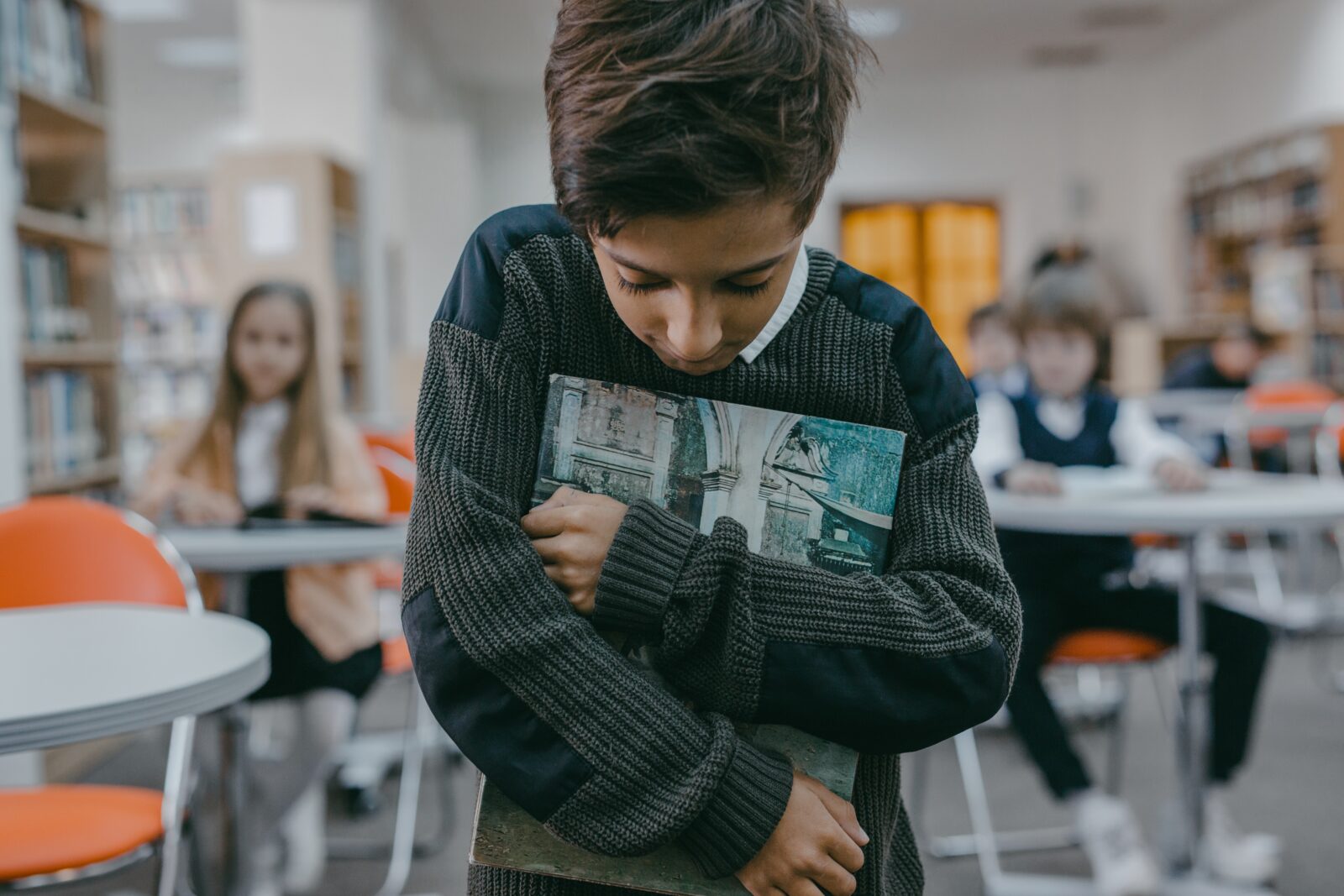How do we get our kids to stop playing the victim? In order to understand how to do that, we first need to understand what it means to be a victim. Are we the victims? Do we show up in our kids’ lives as the victim, as “poor me”? “I do everything.” “You don’t help me.” “I have to do this.” “I have to do that.” If we are showing up that way, we are already teaching our kids to show up that way in their lives, that it’s “poor me” and that everything is happening to me. when actually life is happening for us and through us, and if we want our kids to take ownership, to really understand who they are in this world, and how to get over conflict. It’s taking accountability; it’s taking ownership for themselves versus “This happened to me” and “It’s not fair to me.” I mean, how many of us have heard our kids say, “But, that’s not fair?” I hear it all the time in my house, and we all know that life isn’t fair, and sometimes we just have to do the things that we don’t want to do.
One of my great mentors, Joseph McClendon III, says that discipline is doing the prescribed thing at the prescribed time even though you don’t want to do it. Maybe that’s your kids cleaning their room. It takes discipline to get them to do it, to create that momentum, and for them to see the results when they do it and feel good about it. If we can teach them how to take ownership and how to feel good about it, they will not be the victim, and you will not hear “It’s not fair,” “Why does this happen to me,” and “It’s always my fault.” These are words we hear from our kids all the time. Now, we have an opportunity to really teach them how to live life without being the victim and actually be the hero.
What are some of the things that we can help our kids reframe to a different definition so it’s not something that’s always bad? Something bad happens to them at school, and it’s like, “Oh, this happened to me.” and “They weren’t nice to me.” Yes, kids are not nice all the time, and what does that mean to you? If we could teach them that the way people treat us sometimes is not about us; it’s a reflection of their own selves, Sometimes people are having a bad day, and sometimes people are really stressed. They have a million things on their mind. I’m like that as a parent; I constantly have so much on my mind, and when my child asks at the wrong time or in the wrong place, sometimes I’m like, “What?” and I could be a little abrupt with them. I have so much going on in my mind, and I own it, and I say, “I am sorry, it just was not the right time. I had a lot on my mind, and now I’m going to be present with you and tell me what you were saying.”
I teach them my own ownership, so they don’t feel like, “Oh! Mom always does that to me.” No, I’m going to take ownership. This had nothing to do with them, it’s a reflection of what was going on with me. These are just different ways that, if you start taking ownership for yourself and you’re not playing the victim around them, everything falls on you and I have to do everything. We can actually, by our own actions, start to reshape that in our own children so they too are taking ownership and taking accountability.
Listen to the full episode here:
For more parenting content, visit my YouTube channel:

